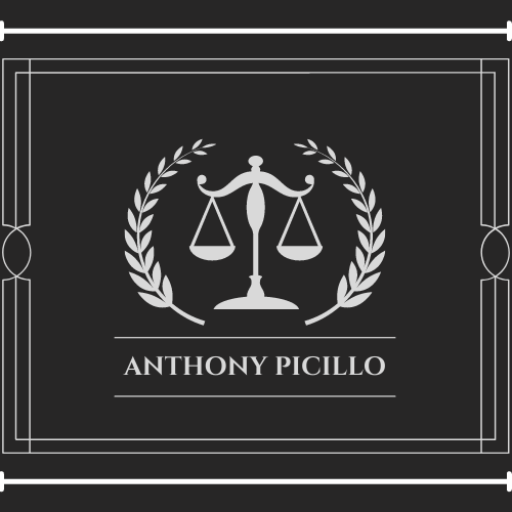Estate planning is an important process that everyone should consider. It involves creating a plan for the distribution of your assets after you pass away, and it can help ensure that your wishes are carried out properly. However, estate planning can be a complex process, and there are many factors to consider. In this article, we will provide expert advice on the do’s and don’ts of estate planning.
The Do’s of Estate Planning
- Do start estate planning early: Estate planning is not something that should be put off until later in life. In fact, it is best to start planning as soon as possible. This is especially true if you have dependents, own a business, or have significant assets.
- Do consult with professionals: It is important to consult with professionals when creating an estate plan. An estate planning attorney can help you navigate the legal complexities of estate planning, while a financial planner can assist you in making sound financial decisions.
- Do consider all your assets: When creating an estate plan, it is important to consider all of your assets. This includes property, investments, retirement accounts, and any other assets that you may have.
- Do update your plan regularly: Your estate plan should be updated regularly to ensure that it reflects any changes in your life. This includes changes in marital status, the birth or adoption of a child, or the acquisition or sale of assets.
- Do communicate with your loved ones: It is important to communicate your wishes to your loved ones. This includes discussing your estate plan with your spouse, children, and other family members. This can help avoid any misunderstandings or disputes after you pass away.
The Don’ts of Estate Planning
- Don’t procrastinate: Procrastination is one of the biggest mistakes that people make when it comes to estate planning. Waiting too long to create an estate plan can lead to unnecessary stress and conflict for your loved ones after you pass away.
- Don’t forget about taxes: Taxes can be a significant factor in estate planning. It is important to consider the tax implications of your estate plan, and to consult with a tax professional if necessary.
- Don’t forget about digital assets: In today’s digital age, it is important to consider your digital assets when creating an estate plan. This includes online accounts, digital files, and social media profiles.
- Don’t forget about long-term care: Long-term care can be a significant expense in later life. It is important to consider how you will pay for long-term care if it becomes necessary.
- Don’t forget about charitable giving: Charitable giving can be a meaningful way to leave a legacy. It is important to consider how you can incorporate charitable giving into your estate plan.
Things To Consider
Estate planning is an important process that can help ensure that your wishes are carried out after you pass away. By following these expert do’s and don’ts, you can create an estate plan that reflects your wishes and protects your loved ones. Remember to start estate planning early, consult with professionals, consider all your assets, update your plan regularly, and communicate with your loved ones. Avoid procrastination, don’t forget about taxes, digital assets, long-term care, and charitable giving. By taking these steps, you can create a comprehensive estate plan that gives you peace of mind and provides for your loved ones after you pass away.

